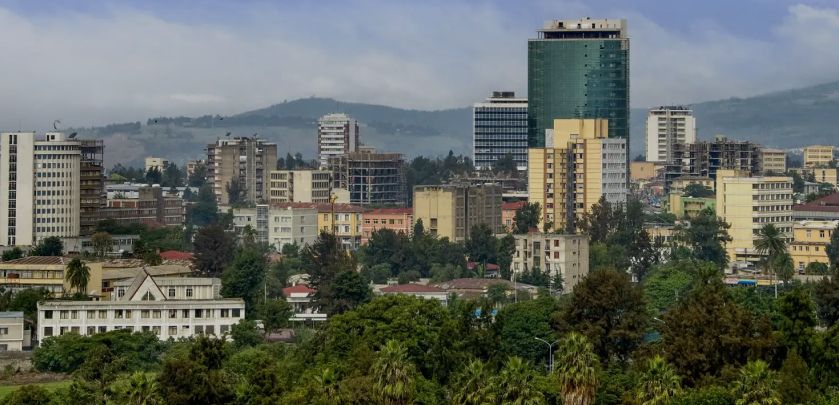About the research
The new edition of «Urban Climate Agenda Report» is devoted to the assessment of efforts made by the BRICS cities to combat climate change.
20 largest cities of 9 BRICS member states are included in the study.
Research methodology
The research evaluates the key areas of the activities
of cities leading to greenhouse gas emissions and the efforts
of city governments to reduce them.
of cities leading to greenhouse gas emissions and the efforts
of city governments to reduce them.
Energy Sources
The research compares the energy consumption mix of cities in terms of carbon intensity: the cleaner the energy sources, the higher the score. Cities are assessed according to the following indicators:
electricity consumption by generation sources, GWh
targets to raise the share of renewable energy sources
Energy Consumption
To assess the efficiency of their energy consumption, cities were evaluated on the basis of electricity. Cities are assessed according to the following indicators:
electricity energy consumption per $1 000 of city GDP per year, kWh
targets to reduce energy consumption
Transport
In this category, cities are measured by the availability of clean means of transport. Cities are assessed according to the following indicators:
types of transport used by the residents on a daily basis, by type, %
targets to increase the share of clean transport
Green Spaces
To compare cities in this category, the ratio of the area of green spaces located within its administrative boundaries to the total city area is calculated for each city based on Google Maps data. Cities are assessed according to the following indicators:
the ratio of green space area to the total area of the city, %
targets to expand/prevent the reduction of area of green spaces
Waste
Cities are assessed on both the total mass of municipal solid waste (MSW) production and the mass of waste disposed in landfills. Cities are assessed according to the following indicators:
waste generation: mass of municipal solid waste (MSW), kg per capita
waste management: share of municipal solid waste disposed in landfill, %
targets to reduce the mass of generated waste or to reduce the proportion or volume of waste that ends up in landfills




















